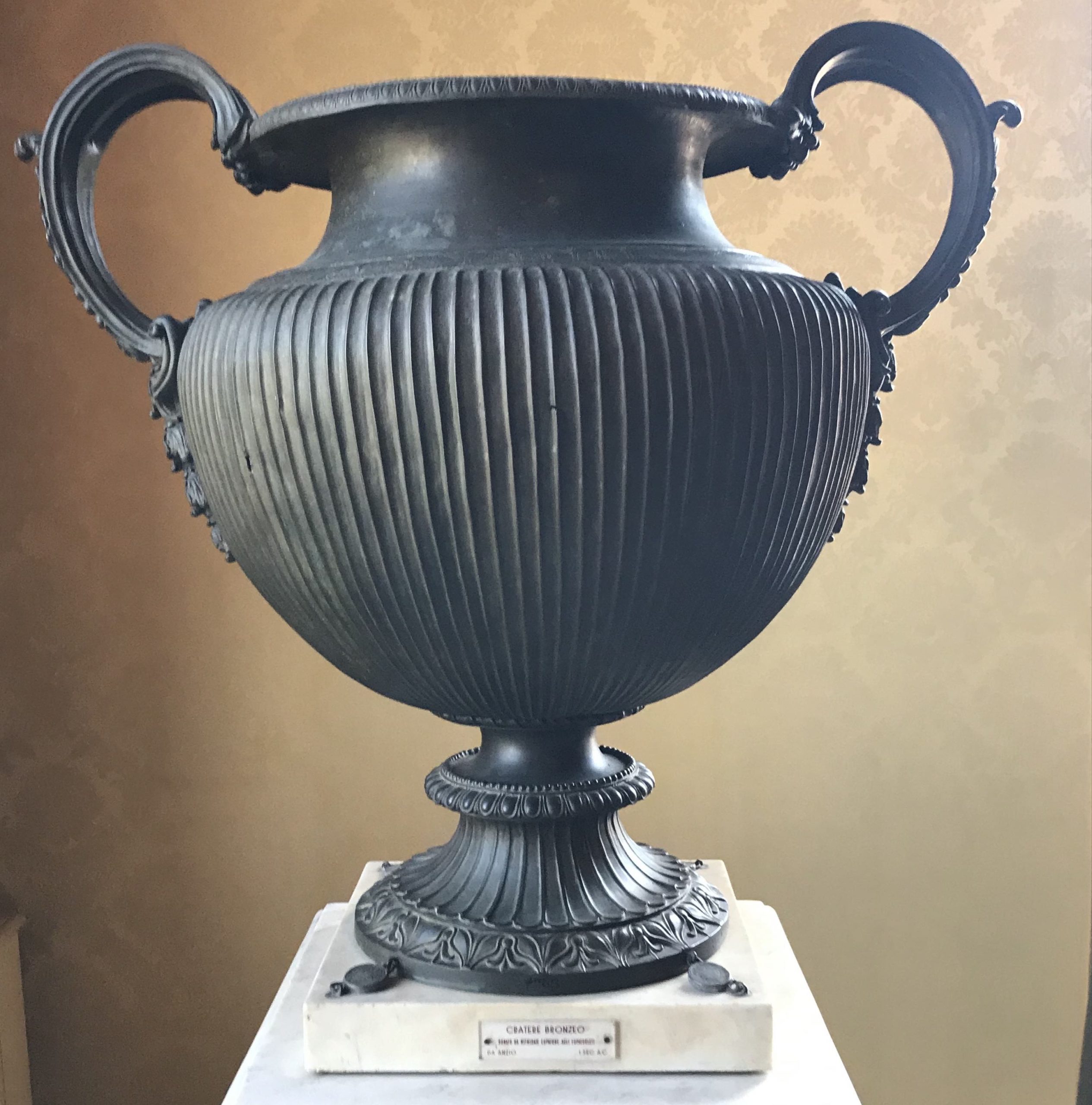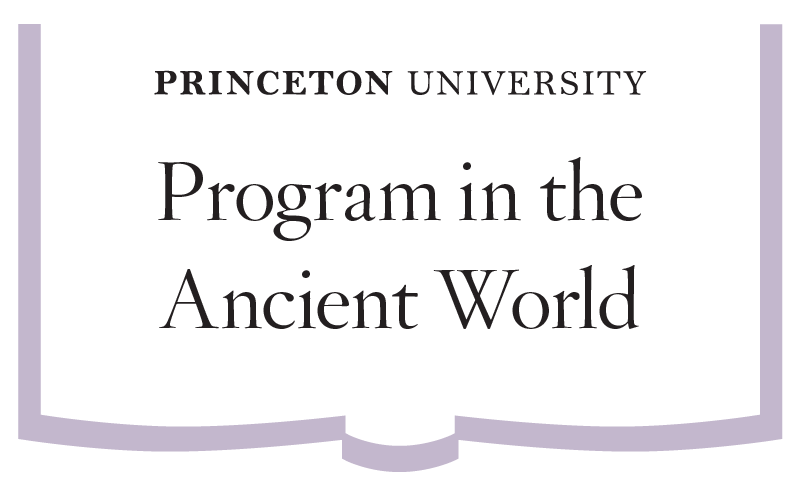
Working for the Emperor: Behind the Scenes at Antium
Molly Swetnam-Burland William and Mary
September 23, 2022 · 12:00 pm—1:30 pm · 209 Scheide Caldwell
Program in the Ancient World

In 1711, fragments of a monumental inscription (known today as the Fasti Antiates Ministrorum Domus Augustae) were found in the fill of a small, unusual room located behind the scaenae frons of a theater on the site of the imperial villa at Antium. The room seems to have served as the meeting hall for a voluntary association comprised of the enslaved and formerly-enslaved men who worked on the site for the emperor, taking care of the villa’s treasures, which included marble sculptures and imported works like the bronze krater of Mithridates Eupator. This talk will look at how we can use this inscription and other material, mostly funerary, to see imperial palaces and villas in a new way – looking beyond their characterization in literary authors as places of extravagance and luxury, to see them as places of work and community.
Molly Swetnam-Burland received her PhD in Classical Art and Archaeology from the University of Michigan, and teaches at William and Mary. She is the author of Egypt in Italy: Visions of Egypt in Roman Imperial Culture (Cambridge 2015) and co-editor of Reuse and Renovation in Roman Material Culture: Functions, Aesthetics, Interpretations (Cambridge 2018) and Women’s Lives, Women’s Voices: Roman Material Culture and Female Agency in the Bay of Naples (Texas 2021).
Please RSVP to Barbara Leavey, blleavey@princeton.edu












